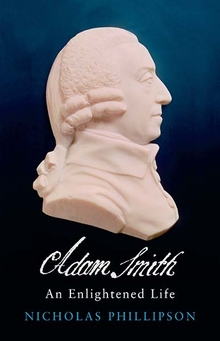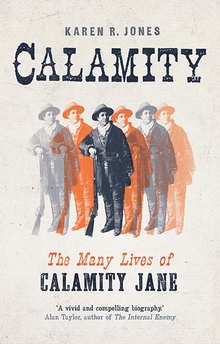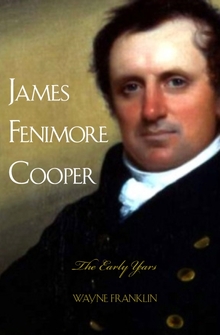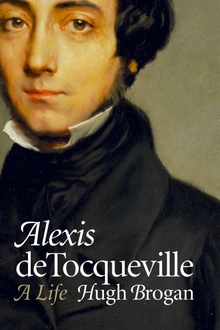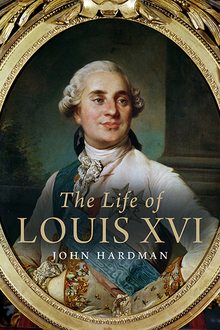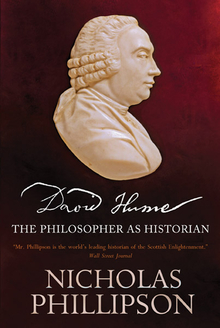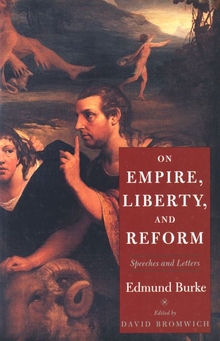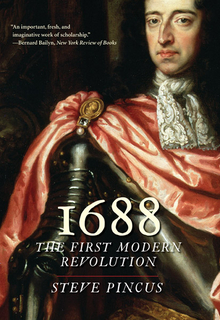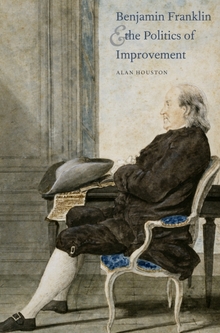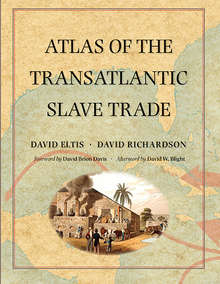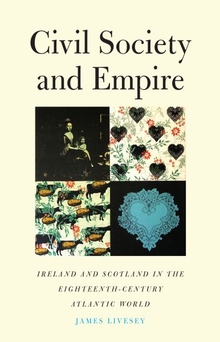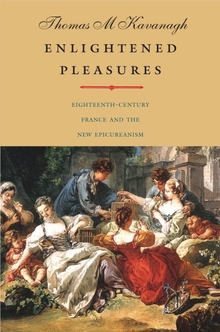Adam Smith
WARNING
You are viewing an older version of the Yalebooks website. Please visit out new website with more updated information and a better user experience: https://www.yalebooks.com
An Enlightened Life
Nicholas Phillipson
This fascinating intellectual biography of Adam Smith dramatically rewrites the economist’s life and offers new insight into his iconic concepts
The great eighteenth-century British economist Adam Smith (1723–90) is celebrated as the founder of modern economics. Yet Smith saw himself primarily as a philosopher rather than an economist and would never have predicted that the ideas for which he is now best known were his most important. This biography shows the extent to which Smith's great works, The Wealth of Nations and The Theory of Moral Sentiments, were part of one of the most ambitious projects of the Euruopean Enlightenment, a grand “Science of Man" that would encompass law, history, and aesthetics as well as economics and ethics, and which was only half complete on Smith’s death in 1790.
Nick Phillipson reconstructs Smith’s intellectual ancestry and shows what Smith took from, and what he gave to, in the rapidly changing intellectual and commercial cultures of Glasgow and Edinburgh as they entered the great years of the Scottish Enlightenment. Above all he explains how far Smith’s ideas developed in dialogue with those of his closest friend, the other titan of the age, David Hume.
“Lively [and] well-observed. . . . It would take a ‘skilful pencil’ to bring Smith to life, warned one of his friends. In bringing Smith’s ideas to life, Phillipson shows that his pencilwork is skilful indeed. ”—The Economist
"This is easily the best book on Smith I’ve read: a wonderfully accessible, thoroughly researched, full-bodied drama examining the philosopher and economist. Phillipson’s biography presents Smith as a living personality, not just an imposing intellect, tracking his social, economic, and political moves from his birthplace Kirkcaldy, to Glasgow and Oxford, through his various lectures and professorships, travels around Europe, preparation of The Wealth of Nations, and finally to his work for the government. In doing so, it makes a strong case for the importance and complexity – perhaps primacy – of the Scottish Enlightenment and the men who contributed to it. In clean and clear prose, Phillipson explains what Smith was writing and why he was writing it, whether moral philosophy, jurisprudence, rhetoric or political economy. This beguiling blend of Smith’s intellection and experience should appeal to anyone interested in the making of the modern world."—David Hancock, author of Oceans of Wine: Madeira and the Emergence of American Trade and Taste
Publication Date: January 10, 2012
4 b/w + 29 color illus.

